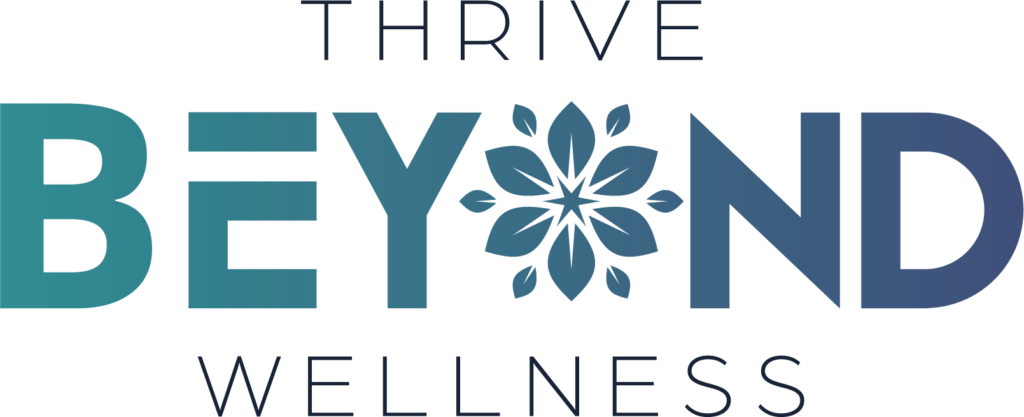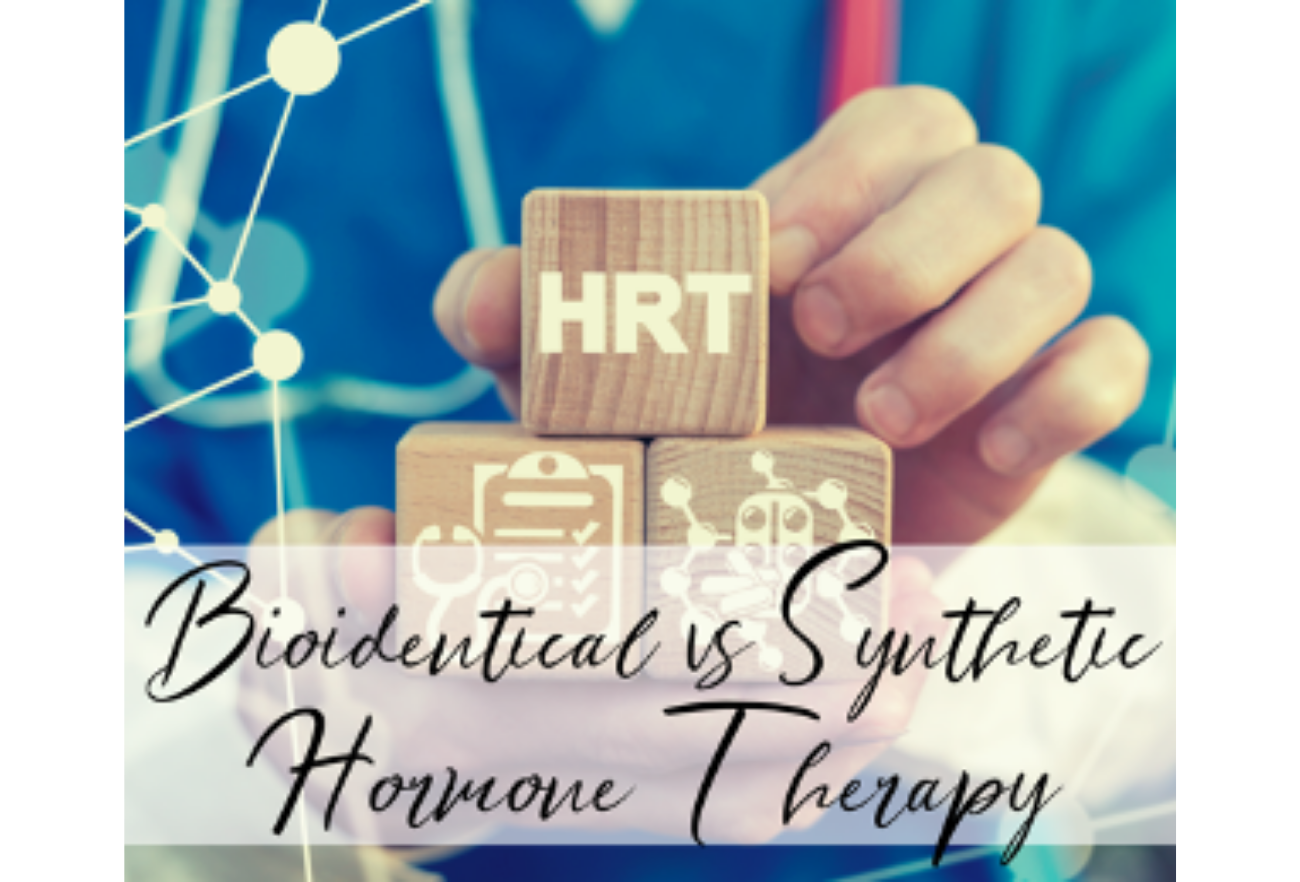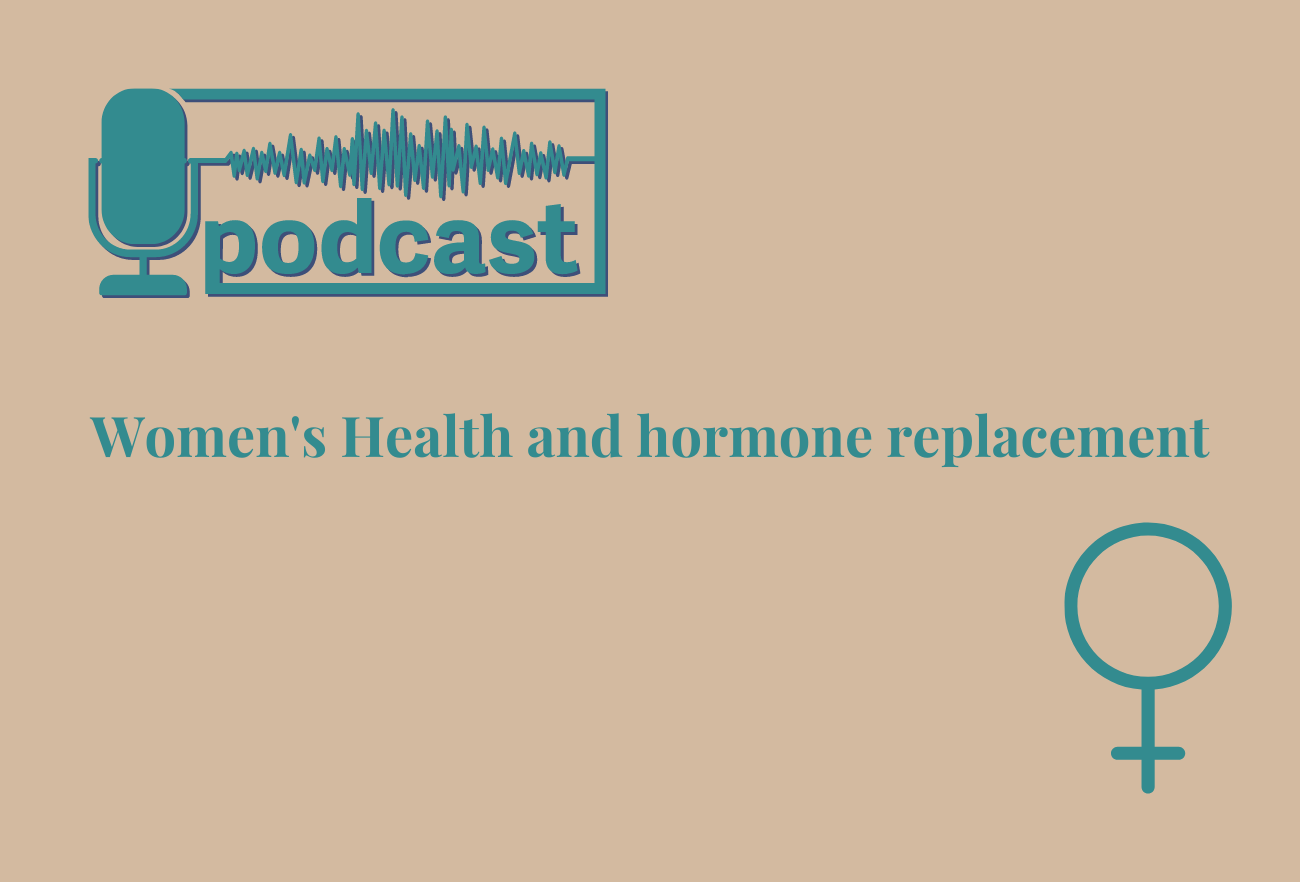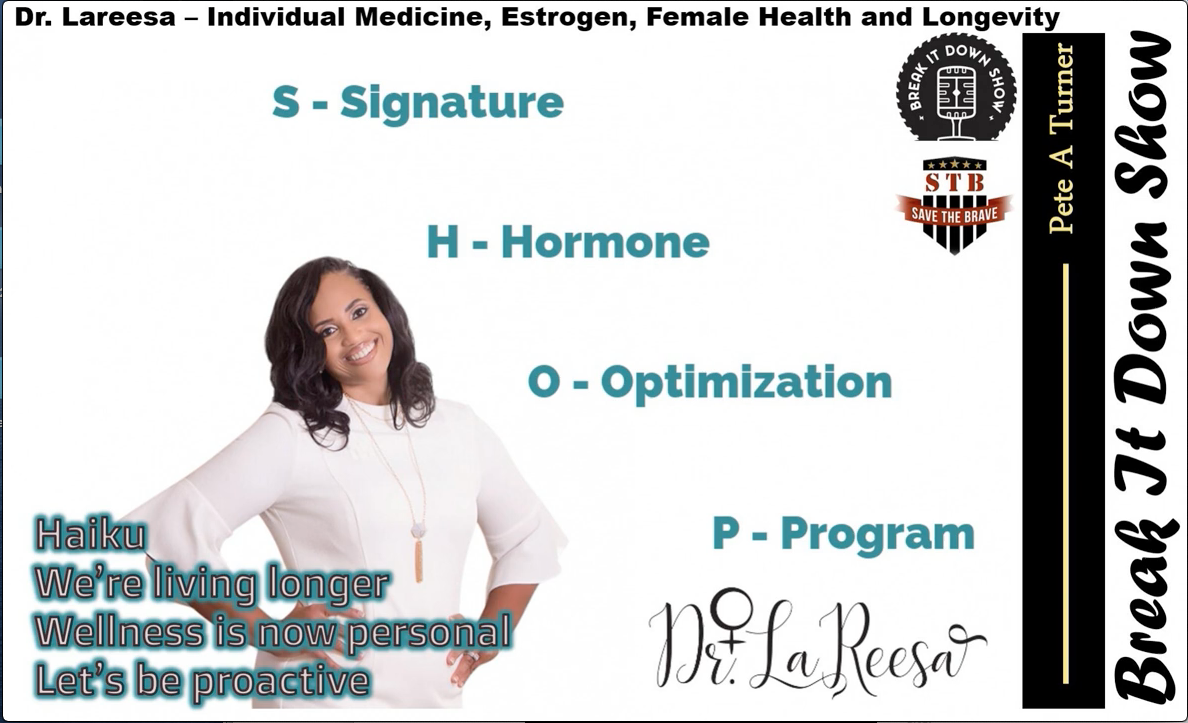How Can You Use This Device to Take Your Health to the Next Level?
Is a CGM worth it? Research is leaning toward YES!
But it depends on how you use and interpret the data…
Studies show that CGMs can provide data regarding stress levels, nutritional strategies, exercise impact, and more. With over 70 million adults in the United States reported as obese and another 99 million adults categorized as overweight, our health has never been more important than now.
But this doesn’t mean CGMs are limited to those that are overweight or those that have diabetes. For example, when using a CGM, Leann Spofford learned that her favorite low-sugar Greek yogurt didn’t spike her insulin. However, adding a side of ginger sauce to another favorite meal did cause an insulin spike. Thus, Leann made an easy change and dropped the sauce to maintain insulin consistency.
So, what’s the big deal with insulin? Well, when insulin is high, the body shuts down fat burning, which can be detrimental to weight loss efforts. This is because high insulin indicates glucose (energy) is readily available in the bloodstream.
Case in point, one of my team members noticed that eating her routine RX Bar and favorite low sugar greek yogurt caused more blood sugar spikes. Also, a casual side of ginger sauce to her healthy meals did the same. Those little tweaks made a difference in meeting daily body needs and how well her body’s metabolism could recover and effectively use insulin for fat burning and glucose for energy.
At the end of the day, insulin is a hormone that promotes the synthesis of proteins and the storage of fats (besides its most critical role in regulating the metabolism of carbohydrates to promote the uptake and storage of glucose from the bloodstream into cells to use for energy).
Insulin resistance, where cells become less responsive to insulin function, is becoming more prevalent in aging adults. This is often due to our diet and lifestyle. This can lead to metabolic disorders such as type 2 diabetes, obesity, and metabolic syndrome.
But a CGM can help us understand how our body is responding to food. This way, we can make changes before a diabetes diagnosis happens. It allows us to use personal data beyond the mere scale to adjust our habits for healthy weight loss and maintenance, as well as optimal health.
For women, specifically, we have an increased risk of cardiovascular disease, which we know is linked to weight gain and obesity. Not only that, but being overweight can increase your chances of heart disease, cancer, diabetes, inflammatory conditions, autoimmune disease, and reduce metabolic health. All of this can impact our hormones—and not in a good way!
In fact, these risk factors can significantly increase our mortality and shorten our lives (and prior health and happiness).
So, where do CGMs come into play? Well, when used and interpreted correctly, CGMs can provide info regarding our blood sugar. And this can offer insights into our stress levels, aka our cortisol hormone response, where abnormal levels can further alter blood sugar balance, promote cravings, and lead to more unnecessary weight gain or hitting a plateau.
CGMs can help gather information about how our nutrition or exercise is impacting our bodies. Do certain foods spike your blood sugar faster than others? Does exercise lead to better-balanced blood sugar levels?
Overall, CGMs and corresponding apps, like NutriSense, ZOE, or Levels, can provide crucial real-time feedback and data that allows us to optimize for good metabolic health and, thus, make lifestyle changes. These apps even allow us to interpret this data better so we know exactly what we need to do.
All of the above can help us balance stress better and prevent extreme hormonal imbalances (and even get through perimenopause and menopause with greater ease). But, as mentioned, how we interpret and apply this data is inevitably important, and this is where having a physician or clinician on your team as an accountability partner and data analyst can help you determine the best path forward for better health and a better life.
Where lifestyle modifications used to be the last treatment option on most doctors’ minds, it’s now becoming more and more of a priority. Yet, this means that we need a certain level of accountability, or else we won’t form the habits that drive change.
When left to our own devices and just like a new toy or shiny object, building new habits or using new devices eventually lose their sparkle. Then, we often get frustrated (and sometimes, we throw in the towel!).
If COVID has taught us anything, community, and human connection are of the utmost importance to our happiness and health. Joining a community of like-minded women and with the proper accountability partner can accelerate your health journey, propelling you toward where you want to be. There is no one-size-fits-all approach. We all have our own personalized and unique paths to take.
Go beyond the app and partner with a health professional who can help you untangle the data and encourage you to take steps forward.
Get more information about the future of telemedicine and hybrid services being offered by Thrive Beyond Wellness. This is a concierge-style women’s health practice that is geared toward the woman who has been told:
- Your labs are NORMAL, but you still feel like CRAP!
- Need a holistic approach to hormone replacement and not sure if it’s right for you.
- Know your hormones are contributing to unwanted weight and poundage and be ready to feel good and confident about yourself again.
There are limited patients accepted, so register while you still can!
Start with a Contacting US today with one of our team members and see if we are a good fit for you.
Heal Women… Heal the World.





